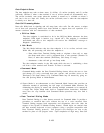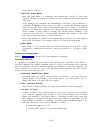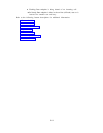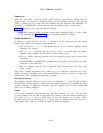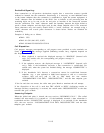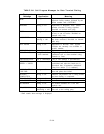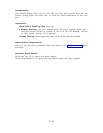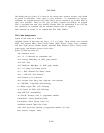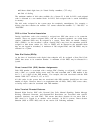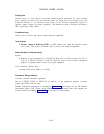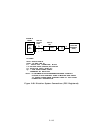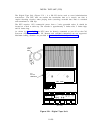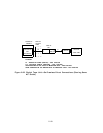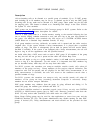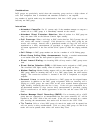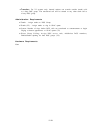● #5–Insert dialed digits here (in Virtual Facility numbers; (V2 only)
● #–End of dialing
The maximum number of dial codes available for a System 25 is 600. In R1Vl, each assigned
code is allocated as a ten number block. In R1V2, each assigned code is stored individually
in memory.
The dial codes assigned in the system must be completely unambiguous. For example, a
dialing plan that contains the number
“20” cannot contain the numbers “2,” “200-209,’” or
“2000-2099.”
PDC to Voice Terminal Association
During installation, each voice terminal is assigned one PDC that serves as its extension
number. These are termed assigned PDCs, and the associated terminals are called home
stations. Additional PDCs may be assigned in a system.
These PDCs are termed “floating”
PDCs (FPDCs). At the customer’s option, floating PDCs may have the attendant position
assigned as their home station (i.e.,
calls to FPDCs will be directed to the attendant when
they are not logged in elsewhere). A maximum of 200 assigned PDCs and 300 FPDCs may be
allocated in a system.
Data Dial Codes (DDCs)
At the time of installation each digital data endpoint will be assigned a Data Dial Code
(DDC) that serves as its extension number.
A maximum of 104 DDCs may be allocated in a
system.
Direct Inward Dial (DID) Number Assignments
Each DID number is associated with a unique PDC (floating or assigned), a DGC access
code, a DDC, or a pooled facility access code. The code associated with a DID number is the
last 2, 3, or 4 digits of the DID number.
For example, the code associated with the DID
number “NXX-2157” will be 57, 157, or 2157.
All dial codes in the system that are associated with DID numbers should have the same
number of digits.
However, there is no requirement that all PDCs, DDCs, DGC access codes,
or facility access codes be associated with DID numbers.
Voice Terminal Directed Features
Directed Night Service, DGC calls, Personal Line Calls, Manual Signaling, Station Message
Waiting, Automatic Intercom, and Outward/Toll Restriction are associated with specific
terminals (stations), not with PDCs. This means that these features do not move with a
PDC when it is logged in at another voice terminal.
In R1V1 systems, Direct Station
Selection (DSS or FLEX DSS) calls do not receive Call Following treatment.
2-117



